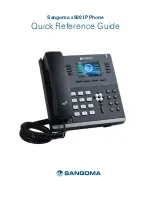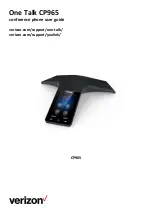
101
H
eal
th a
nd sa
fety i
nfo
rm
atio
n
Precautions when using batteries
• Never use a charger or battery that is
damaged in any way.
• Use the battery only for its intended
purpose.
• If you use the phone near the network’s
base station, it uses less power. Talk and
standby time are greatly affected by the
signal strength on the cellular network
and the parameters set by the network
operator.
• Battery charging time depends on the
remaining battery charge, the type of
battery, and the charger used. The
battery can be charged and discharged
hundreds of times, but it will gradually
wear out. When the operation time is
noticeably shorter than normal, it is time
to buy a new battery.
• If left unused, a fully charged battery will
discharge itself over time.
• Use only Samsung-approved batteries,
and recharge your battery only with
Samsung-approved chargers. Disconnect
the charger from the power source when
it is not in use. Do not leave the battery
connected to a charger for more than a
week, since overcharging may shorten
its life.
• Extreme temperatures will affect the
charging capacity of your battery: it may
require cooling or warming first.
• Do not leave the battery in hot or cold
places because the capacity and lifetime
of the battery will be reduced. Try to
keep the battery at room temperature. A
phone with a hot or cold battery may not
work temporarily, even when the battery
is fully charged. Li-ion batteries are
particularly affected by temperatures
below 0°C (32°F).
• Do not short-circuit the battery.
Accidental short-circuiting can occur
when a metallic object like a coin, clip or
pen causes a direct connection between
the + and – terminals of the battery
(metal strips on the battery). For
example, do not carry a spare battery in
a pocket or bag where the battery may
contact metal objects. Short-circuiting
the terminals may damage the battery or
the object causing the short-circuiting.
Содержание GH68-11975A
Страница 2: ......









































